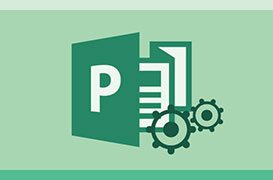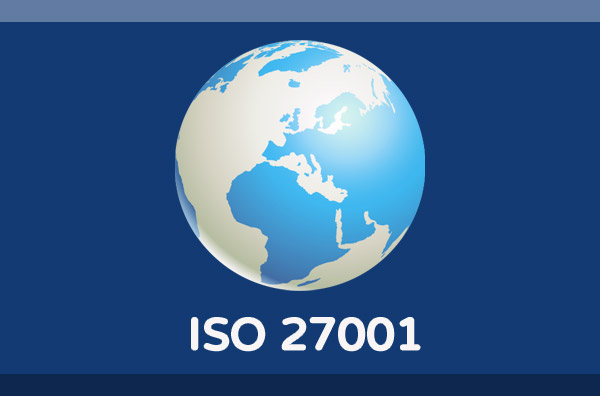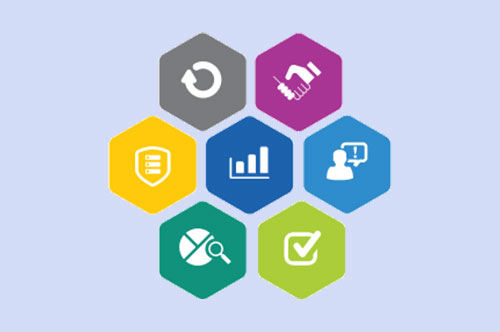PMP Certification Training
- 95% Passing Rate
- PMI Certified Instructors
- 4 Days Instructor Led Training With 10 Mock Tests
- Mind Mapping & Group Exercises
- Role Play & Flash Cards
- Customized Courseware
- Comprehensive PMP Formula Guide
- 45 PDU Certificate
UPCOMING BATCHE(S) IN "PUNE" (change city)
| Date | Time | Course Type | Price | Option |
|---|---|---|---|---|
- About PMP exam – procedure, eligibility, fees, etc
- Introduction to project management, life cycles,framework for PM
- Introduction to concept of knowledge area, process group and processes
- Understand collection of requirements
- Defining scope, scope statement
- Creating work breakdown structure and scope baseline
- Understand tasks, activities, milestones
- Concept of sequencing tasks, network diagrams
- Duration and resource estimations
- Developing schedule using critical path method, critical chain
- method, leads, lags, fast tracking, crashing etc.
- Understanding cost estimations
- Understand cost estimation vis-Ã -vis budgeting
- Earned value management
- Understand quality management planning
- Process improvement planning
- Seven basic quality tools
- Understand quality control, and various techniques
- Understand quality assurance along with its techniques
- HR planning
- Staffing management planning, RACI charts etc
- Acquiring teams
- Team building and development
- Managing teams
- Understand concept and importance of risk management
- Differentiate between issue from risks
- Risk identification techniques and its relevance
- Qualitative and quantitative risk analysis
- Risk response planning
- Monitoring and controlling risks
- Procurement planning, types of contracts
- SOW, RFP
- Contracting
- Controlling contracts
- Closing contracts
- Establishes you as a continuous learner. Employers are always looking for people who never want to stop learning.
- Increased Salary! Often, earning a certification, such as the PMP, can quickly lead to compensation increases of 20% and more.
- Networking Opportunities & Also who consistently want to make them salable in competitive job market.
- Key to your Job/Career Change! Many technical people who want to advance will earn the PMP certification in order to move into a position of greater responsibility.
- Self Confidence! You have Achieved the PMP Certification based on Years of Experience, Hard work, Dedication & You have all the abilities of Change.
- PMP allows you to think outside your experience is an ingredient of leadership.
- Learn a complete project management framework based on PMBOK ®
- Learn all 10 knowledge areas and 5 process groups
- Explore all 47 processes of project management framework
- Appreciate all tools, techniques and their inputs and outputs as described in PMBOK ®
- Relate all above with their practical relevance on day to day projects
- Confidently face the PMP examination
The PMP Exam -The exam consists of 200 multiple choice questions written against the PMBOK specification and the PMP Code of Ethics. Twenty-five of the 200 questions on the exam are "sample" questions used to fine-tune the degree of difficulty and precision of the exam and as such are not counted for or against a test taker. These questions are placed randomly throughout the exam. The test taker is only graded on their proficiency on 175 questions. The numbers in parentheses describe the percentage of questions for each domain.
PMP Examination Specification of five performance domains:
- Initiating the project (13%)
- Planning the project (24%)
- Executing the project (31%)
- Monitoring and controlling the project (25%)
- Closing the project (7%)
Eligibility Criteria
- Secondary degree (high school diploma, associate’s degree or the global equivalent)
- 7,500 hours leading and directing projects
- 35 hours of project management education
OR Four-year degree
- 4,500 hours leading and directing projects
- 35 hours of project management education
A candidate who passes the exam and meets the professional requirements is awarded the PMP certification.
Exam Language
- English
- Arabic
- Hebrew
- Brazilian Portuguese
- Italian
- Chinese (Simplified)
- Chinese (Traditional)
- French
- German
- Turkish
- Korean
- Japanese
- Russian
- Spanish
- Project Manager
- Project Leader
- Business Analyst
- Consultant
- Software professionals
- Project Planners
- Delivery Leader/Manager
- Project Director
- Manager/Head Information Technology,
- Program Manager
- Civil Engineers
- Research & Development professionals
- PMP® Certification Examination Applicants
- 16—33 Yr. PMI Certified Trainers with multi million Program & Project Management Experience
- Agile and Scrum Master Experience.
- 4 Days intensive classroom training & Exam Preparation Program
- 3000 + Sample Exam Questions Bank
- Trained More than 3000 + candidates
- Detailed Analysis/Explanation on the key Project Management Concepts and Methodologies.
- Exclusive Pre- courseware and courseware.
- PMP/CAPM Exam Simulator for Actual Ex-am Experience.
- Mind Mapping, Group Exercise, Role Play & Flash Cards.
- Comprehensive PMP Formula Guide.
- Pleasant Training Ambiance and Facilities, keeping Professionals in consideration.
FREQUENTLY ASKED QUESTIONS
Each PMP certification cycle lasts for three years during which you will need to earn 60 PDUs (Professional Development Units) to renew your certification at the end of the cycle. Once you have successfully completed a single cycle, another new three year cycle begins.
- Secondary degree (high school diploma, associate’s degree or the global equivalent)
- 7,500 hours leading and directing projects
- 35 hours of project management education
OR Four-year degree- 4,500 hours leading and directing projects
- 35 hours of project management education
To maintain your PMP, you must earn 60 professional development units (PDUs) every three years.
Yes. This is a PMI Accredited Training and Certification Program.
Training is based on consulting practices, real world exams on Project Management implementation, challenges and resolutions. Training focus more on participants understanding on all processes by relating to industry specific examples.
PMI made a decision in 2006 to no more publish passing scores for its exams. In 2007, PMI also removed all quantitative elements from the post-exam review for test candidates. The passing score is estimated inside a range between 61% and 75%.
Yes, IEVISION offers discount for a group of 3+ Professionals
- Classroom
- Virual Classroom- Lead Instructor
Yes, You will be awarded 45 PDU certificate, As you succesfully complete 4 days PMP training program.
- 3-5 Member 5%
- 6-8 Member 10%
- 9+ Member 15%
11000 +








Abhijit Karnjkar Project Delivery and Implementation Manager at Tata Communication
Indrajit Thepale Team Leader at Accenture Services Ltd
A. Sujit Project Manager at Tech Mahindra, India
Parag Kamtekar Project Manager at Wipro
Rohit Kale Sr Team Member at SLK Global BPO Services Pvt Ltd